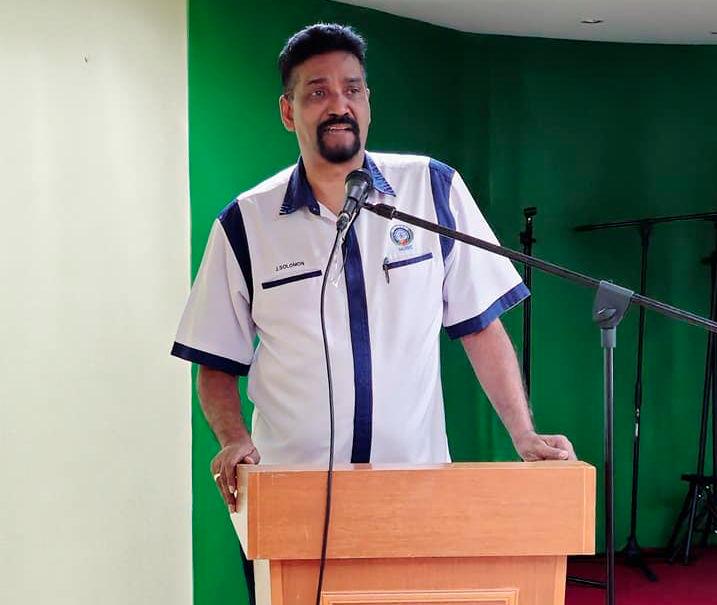PETALING JAYA: The Human Resources Development Fund (HRDF)’s fundamental goal and the collective progress of the workforce is currently being undermined, said the National Union of Bank Employees (NUBE).
In a statement today, NUBE general secretary J. Solomon claimed employers were not providing equal training opportunities to employees through HRD Corp programmes.
“The management often cites reasons such as manpower shortages, operational impacts, and fear of employees being poached by competitors.
“There needs to be greater transparency to ensure all employees benefit equally from HRDF training programs,“ Solomon said.
He said HRDF has been a significant reservoir of resources aimed at enhancing the skills and competencies of the Malaysian workforce.
Despite its noble intent, Solomon said recent observations and reports have highlighted several concerns regarding the utilisation and management of these funds, particularly in the banking sector.
ALSO READ: Industrial Relations Dept. has misled the public and caused mischief, claims NUBE
He said the HRDF has amassed substantial funds, yet a significant portion remains underutilised for the intended purposes.
“In 2023, HRDF collected RM2.2 billion but only spent RM1.8 billion on training programmes. There is uncertainty about whether the RM1.8 billion spent on training is fully utilised for employer-facilitated training or government-conducted training for government projects.
“Employers, especially in the banking sector, who started paying the levy in 2022, are not fully utilising HRDC programmes for B40 and M40 employees,“ he said.
Training is not the birthright of management, he said, adding that in the banking sector, management creates quotas similar to university admission quotas, favouring management staff over lower-rank staff.
“These issues are occurring under the government’s watch and are being conveniently ignored.
ALSO READ: HR Minister urged to act in objective, neutral manner: NUBE
“Upskilling and reskilling should enhance business performance and competitiveness, not serve as a money-making scheme or a platform for those in power.
“Authorities should genuinely investigate to meet HRDF’s objectives, not just use audit reports to shift funds around. Transparency is crucial as many workers are not benefiting from the fund, and the income gap is widening,“ added Solomon.
He said employers often argue they have the sole right to decide how the levy funds are spent since they are the ones paying it.
“Employers cannot decide on training needs without involving workers’ representatives through NUBE for HRDC programmes,“ he said.
Solomon said the only solution is for unions to be granted equal rights as employers to determine training programs for employees.
“A tripartite control of the HRDF, via the government, employers and the unions, is the only feasible, practical and reasonable way to ensure that the HRDF is fully utilised for the benefit of the employees and is not misused or squandered,“ he added.









